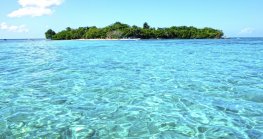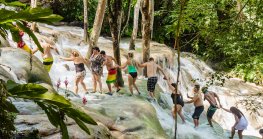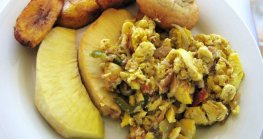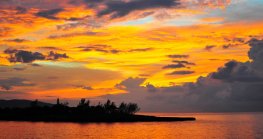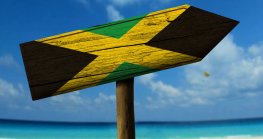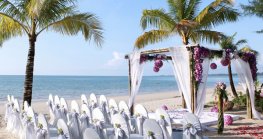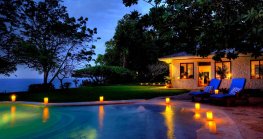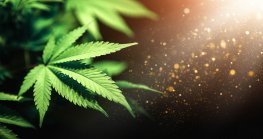How safe is Jamaica? Do visitors have any reason to be concerned?
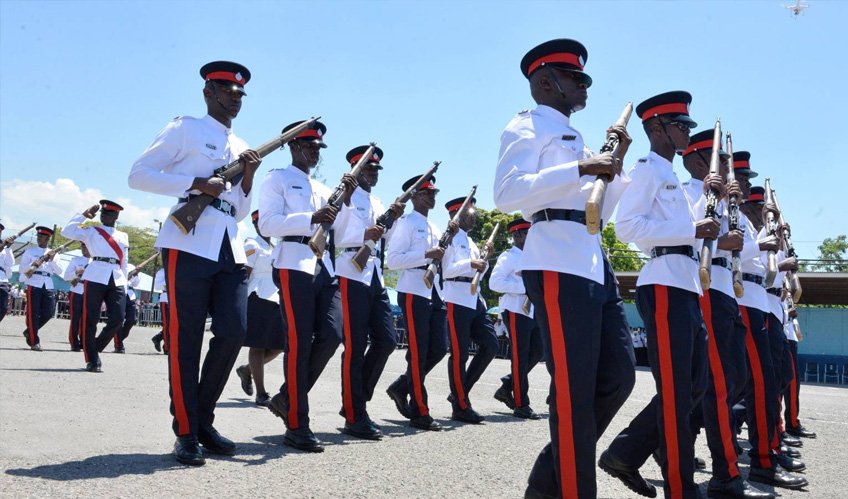
With its checkered media coverage through the years, some good, some bad, choosing Jamaica as a vacation getaway might seem an easy decision for some while for others it might give them pause.
Considered one of the most beautiful destinations in the world, it is also true that Jamaica has its fair share of crime and is reported as having one of the highest murder rates in the world for its citizens – the consequence of a long and complicated history of poverty, gangs, drugs, and politics.
While visitors are occasionally the victims of this criminality – mostly pickpocketing and theft - statistics show that even then, only one in 10,000 visitors will be involved in one of these minor crimes, with most reported incidents of other types of crimes (although still unacceptable) occurring between Jamaicans themselves.
What can you do during a State of Emergency?
More recently, however, Jamaica has made headlines by enacting a State of Emergency in St. James and a small section of an underserved community in Kingston.
But what is it for and what does it mean to you, our visitors?
A State of Emergency is a process triggered when a government needs to suspend normal constitutional procedures to regain control of a situation.
In this case, the Jamaica Defence Force was called to move into some communities of Montego Bay to quell an upsurge of violence instigated by members of organized crime groups fighting over drugs, illegal weapons, and lottery scams.
Law-abiding citizens and visitors alike are not affected by, amongst other procedures, adhering to curfews in the most turbulent neighborhoods and random searches on the road or homes.
Although extended longer than usual, it has been a move that many citizens in the communities affected by this upsurge in violence have welcomed and players in the tourism sector have supported.
Safety tips for vacations in Jamaica
While no one’s safety can be guaranteed no matter where you travel in the world, Jamaica is not a destination to be missed – just ask any of the 4.3 million visitors who came to the island in 2017 alone!
From its chilly mountain tops, lush river bottoms and beautiful beaches in between, to its spicy jerk chicken, sweet Reggae rhythms, and the warm hospitality of the people who call Jamaica home, the island beckons visitors to explore.
Here are some common sense tips wherever you travel in the world to help you enjoy an amazing and unforgettable trip:
- Most accommodations provide safes either in their room or at reception. It is always best to store valuables including jewelry, cash, and electronics such as phones and iPods in them.
- If you choose to carry valuables around, like cash, keep it out of sight and close to you at all times.
- If walking around, ask your front desk what areas should be avoided and go in daylight where possible.
- Be aware of your surroundings and belongings – if something doesn’t feel right, it probably isn’t.
- Be firm but respectful with people who are trying to sell you items on the street.
© 2019 Jamaica Experiences All Rights Reserved





